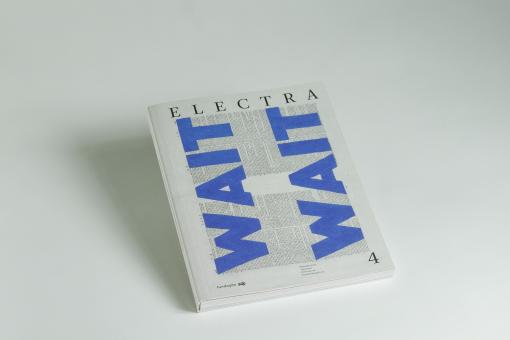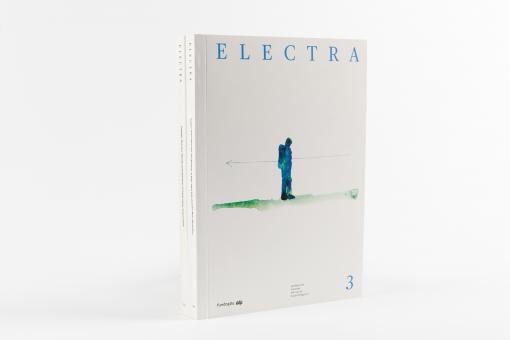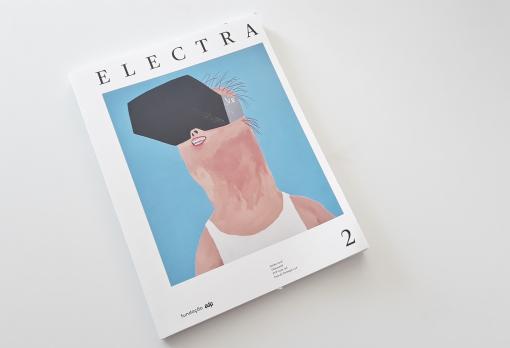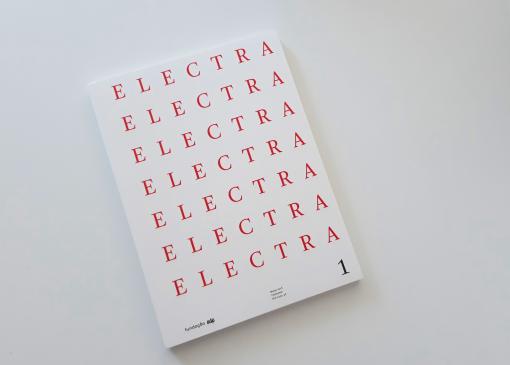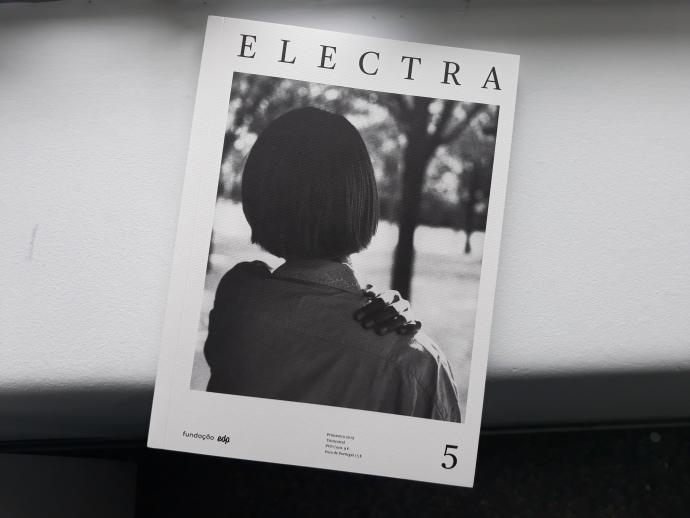
Sinopsis
In this section, English writer and filmmaker Jon Savage describes the history of youth culture; poet and teacher Daniel Jonas writes, using two examples from cinematography, about his own experience of dealing with young people of school age; Italian philosopher Remo Bodei reflects on the generational fracture which defines our historical setting; professor Vinícius Nicastro Honesko writes about Pier Paolo Pasolini and his intellectual relationship with the young students who took part in the 1968 protests; editor António Pedro Marques tells of his experience as a young man living in “the last Lisbon suburb”; researcher and professor José Bragança de Miranda addresses the representation and mythology of youth and old age; teacher Matilde Castro Mendes recounts her relationship with her young students in a high school in the outskirts of Paris. Also within the same subject, five young people (Pedro Florêncio, Madalena Fragoso, Flávio Gonçalves, André Martins, Maria José Sbrancia) talk about themselves and the world through their personal experiences.
This issue’s portfolio is by architect Michael Morris and the SEArch+ studio. Bearing the title is 5 Houses for Mars, it gathers projects for space habitat developed in partnership with NASA throughout the last decade.
The interviewee is art historian and critic Elisabeth Lebovici. Author of important studies on contemporary artists and the book Ce que le sida m’a fait (winner of the Pierre Daix prize), which bears witness to the impact AIDS had on the art world and to the actions against the way in which institutions dealt with the illness, both central subject matters in this interview.
In the present edition, professor and essayist Jeremy Gilbert comments on a provocative quote by Friedrich Nietzsche; French writer and philosopher Michel Erman tells us about Marcel Proust’s relationship with money and what it represented in his life and work; architect and curator André Tavares addresses the rehabilitation and destruction work being carried out in the historical centres of Lisbon and Porto; curator and researcher Cristiana Tejo evokes and comments on the only edition of São Paulo’s Latin-American Art Biennale to ever take place, in 1978; Belgian anthropologist and curator Filip De Boeck describes the city of Kinshasa using two metaphorical elements: the hole and the mountain; and philosopher Yves Michaud writes about the word “concept”.
In the section “Selected Works”, António Guerreiro writes about the political side of Manuel Gusmão’s poetry, and Marta Lança addresses the question of gender and racial identity from the perspective of bell hooks’s book, Ain’t I a Woman?
This fifth Electra edition also includes a journal by theatre and opera director Rafael R. Villalobos, where he reflects and writes about his life and work, asserting an artistic, cultural and political conscience.
Electra is a magazine published by EDP Foundation. It consists of two editions, one in Portuguese and one in English, which include criticism, research, essays and cultural, social and political reflection. It addresses all cultural areas.Nesta secção, o escritor e cineasta inglês Jon Savage traça a história da cultura da juventude; o poeta e professor Daniel Jonas escreve, a partir de dois exemplos cinematográficos, sobre a sua experiência de lidar com jovens em idade escolar; o filósofo italiano Remo Bodei reflecte sobre a fractura geracional que marca a nossa situação histórica; o professor Vinícius Nicastro Honesko, escreve sobre Pier Paolo Pasolini e a sua relação intelectual com os jovens estudantes protagonistas das revoltas de 1968; o editor António Pedro Marques narra a sua experiência de juventude vivida no “último subúrbio de Lisboa”; o investigador e professor José Bragança de Miranda aborda a representação e as mitologias da juventude e da velhice; a professora Matilde Castro Mendes testemunha a sua relação com os jovens estudantes de um liceu nos arredores de Paris. Ainda no âmbito deste tema, cinco jovens (Pedro Florêncio, Madalena Fragoso, Flávio Gonçalves, André Martins, Maria José Sbrancia) falam de si e do mundo a partir das suas experiências pessoais.
O portfolio deste número é do arquitecto Michael Morris e do atelier Search +, intitulado 5 Casas em Marte, que reúne os projectos de habitat espacial desenvolvidos em colaboração com a NASA, ao longo da última década.
A entrevistada é a historiadora e crítica de arte, Elisabeth Lebovici. autora de estudos importantes sobre artistas contemporâneos e do livro Ce que le sida m’a fait (vencedor do Prémio Pierre Daix) que testemunha o efeito da sida no campo das artes e o activismo contra a forma como as instituições lidaram com a doença, temas centrais desta entrevista.
Nesta edição, o professor e ensaísta Jeremy Gilbert, comenta uma provocatória citação de Friedrich Nietzsche; o escritor e filósofo francês Michel Erman fala-nos da relação de Marcel Poust com o dinheiro e do que ele representou na sua obra e na sua vida; o arquitecto e curador André Tavares aborda os trabalhos de reabilitação e destruição dos centros históricos de Lisboa e Porto; a curadora e investigadora Cristiana Tejo evoca e analisa a única edição da Bienal de Arte Latino-americana de São Paulo, realizada em 1978; o antropólogo e curador belga Filip De Boeck descreve a cidade de Kinshasa a partir de dois elementos metafóricos: o buraco e a montanha; e o filósofo Yves Michaud escreve sobre a palavra “conceito”.
Na secção “Obras Escolhidas”, António Guerreiro escreve sobre a dimensão política da poesia de Manuel Gusmão e Marta Lança aborda a questão da identidade de género e racial a partir do livro de bell hooks, Não serei eu mulher?.
Na quinta edição da Electra é ainda publicado um diário do encenador de teatro e ópera Rafael R. Villalobos, onde pensa e escreve sobre a sua vida e o seu trabalho, afirmando uma consciência artística, cultural e política,
Electra é a revista da Fundação EDP. É uma publicação, com duas edições, em português e inglês, de crítica, pesquisa, ensaio e reflexão cultural, social e política, que aborda todas as áreas da cultura.
